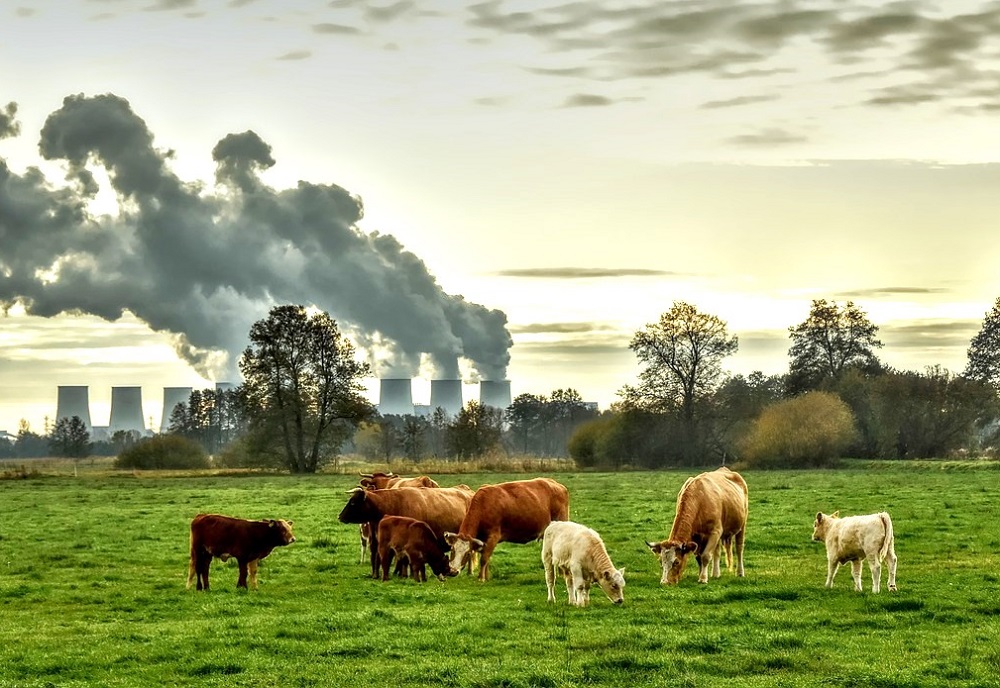Citizens don't see meat production as the main cause of GHG emissions

A study published earlier this year shows a less skewed view of the livestock sector than the usual media headlines. Citizens in Brazil, France, Germany, the U.K. and the U.S. do not regard ‘industrially farmed’ meat as a key contributor to climate change. According to a global poll by Northstar Research, commissioned by sustainable food NGO Madre Brava, citizens don’t regard livestock farming and meat production as the main cause of greenhouse gas emissions, contrary to expectations.
Despite activists persistently decrying livestock farming in the media as the number one enemy of the climate, respondents in the countries polled do not consider livestock as the main contributing factor of climate change.
Data shows that livestock farming contributes to 14.5% of global GHG emissions, whereas industry, transport and energy sectors account for over 80%, the overwhelming majority, perhaps something citizens are more aware of than many think. So, the survey results were quite unexpected for the NGO, given the heavily pushed “green” and animal rights-based narratives that agriculture is the worst polluter.
According to the findings of the research, which polled over 7,000 adults across the five major meat producing markets, the biggest contributors to global warming are deforestation, fossil fuels, such as oil, gas and coal, overuse of plastic, cars, chemicals manufacturing, overpopulation, aeroplanes and aviation; and also, overconsumption of goods, electronic waste and energy inefficient buildings. Industrially produced meat is only in 11th position, denoting an awareness of actual impacts.
The poll also showed that meat consumption is high in each market; 3 in 4 people eat meat, with the USA and Brazil consuming the most per person. 34% of respondents say they don’t want to cut down on meat because it’s necessary for health thanks to its essential nutrients, while 32% think it’s an enjoyable part of their diet. A further 17% of people are reluctant to reduce meat consumption because of its widespread availability and convenience, while 16% think it’s natural as people have been eating it forever.
The research also shows how low the regular consumption of alternative proteins is. The poor sales results for plant-based proteins has been described by some as “the biggest failure in food industry history“. The main barriers cited were that alternative products don’t taste as nice as meat, followed by the fact that they are heavily processed and not seen as ‘natural’. Thirdly, these “alternatives” are noted as too expensive and lacking the same nutritional value as meat.
In short, consumers in the sampled markets are most concerned with the cost of living and retaining access to low-cost, high-quality animal-sourced proteins. The data showed that financial security and personal health are the primary concerns of citizens when considering their diets, more so than protecting the environment or animal welfare.
The results of this survey should give pause to how to direct future policies while promoting the importance of continuing to communicate clear facts and science. Consumers can learn more about how livestock farming can be part of the solution with its ever-more sustainable practices, to provide nutrient-dense animal source foods that are affordable for everyone.